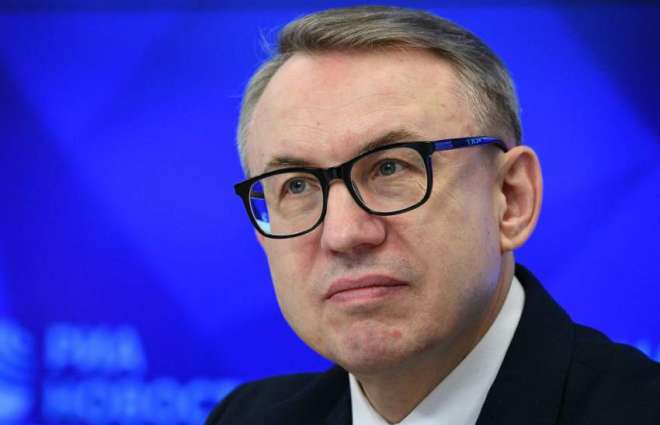The unique resources of the Arctic region suggest that its contribution to the global energy transition will only grow in the future, Russian Ambassador-at-Large Nikolay Korchunov, the chair of the Arctic Council's Senior Arctic Officials, said on Thursday
ST. PETERSBURG (Pakistan Point News / Sputnik - 08th December, 2022) The unique resources of the Arctic region suggest that its contribution to the global energy transition will only grow in the future, Russian Ambassador-at-Large Nikolay Korchunov, the chair of the Arctic Council's Senior Arctic Officials, said on Thursday.
"One can confidently predict the increased contribution of the Arctic region to facilitating the global energy transition to a low-emission economy - primarily due to the presence of strategically important and critical materials and resources in the Arctic... as well as resources necessary in the context of the development of hydrogen and renewable energy," he said at the "Arctic: Present and Future" International Forum in the Russian city of St. Petersburg.
Korchunov noted that Russia was concerned about non-regional actors' attempts to restrict economic activity in the Arctic, including maritime logistics, which has a negative impact on the development of northern areas. He added that it would delay the energy transition and increase its cost.
Besides, he said that the Arctic Council had made no decisions on limiting economic cooperation in the region. On the contrary, the diplomat added, the council's documents always emphasize the importance of diversification of economic activities, protecting nature and resources of the Arctic.
"The Arctic is becoming a territory for the creation and testing of advanced resource-saving technologies," he said.
The Arctic Council is an intergovernmental forum that addresses challenges faced by the nations and indigenous peoples of the region. There are eight members of the council - Canada, Denmark, Finland, Iceland, Norway, Russia, Sweden, and the United States. In March, after the beginning of the Russian military operation in Ukraine, all members of the council aside from Russia announced that they would not participate in the meetings held under Russian chairmanship. In June, the seven countries agreed to partially renew their participation in the projects Russia is not involved in.




